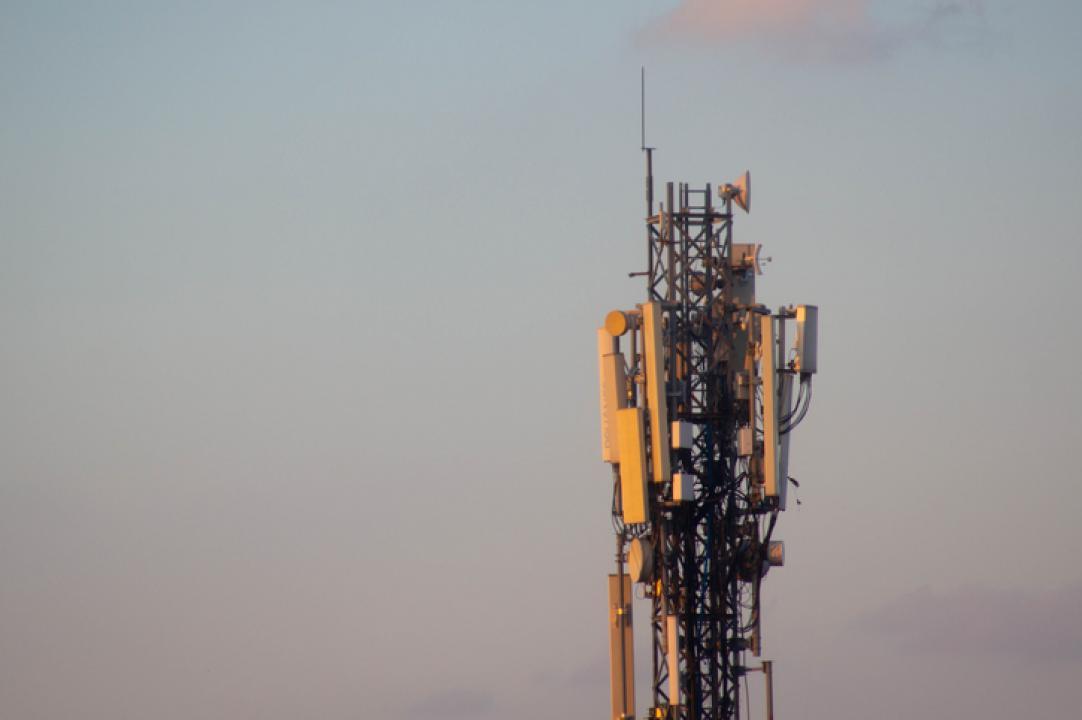While research on the frequencies used in 5G is limited, studies show health effects of electromagnetic fields across the spectrum. However, the results are inconsistent

Image for representation: iStock
Even as India is set to become the first country to deliver indigenous 5G, experts have argued over concerns that link the 5G technology with potential health hazards.
5G, or fifth generation, is the latest wireless mobile phone technology that was first widely deployed in 2019. It improves on the capabilities of 4G.
Besides faster connectivity speeds, it also opens new use-cases in gaming, entertainment due to its high bandwidth and low latency. It is also expected to increase performance and a wide range of new applications, including strengthening e-Health (telemedicine, remote surveillance, telesurgery).
5G works by producing a type of energy called electromagnetic radiation. It uses higher frequencies than previous wireless networks, making it faster and more efficient.
Electromagnetic frequencies, like those produced by 5G, create an area called an electromagnetic field (EMF), which according to some have negative effects on human health.
While research on the frequencies used in 5G is limited, studies show health effects of electromagnetic fields across the spectrum. However, the results are inconsistent.
"Though there is no documentation of risk associated with 4G, 5G, theoretically exposure to radio magnetic waves may increase the incidence of cancer in different parts of the body. People, while talking, keep smartphones closer to their brains, so there are higher chances of brain cancer among the population that is exposed," Dr. Col. Vijay Dutta Sr. Consultant - Internal Medicine & Pulmonology, Indian Spinal Injuries Centre, told IANS.
"The radio magnetic waves can also potentially disturb the rhythm of the heart and those who are on pacemakers are at higher risk. The closer one stays to the towers, the greater is the risk. The technology is a boon for communication, but harmful for human health," he added.
However, according to the World Health Organization, "to date, and after much research, no adverse health effect has been casually linked with exposure to wireless technologies".
The WHO said that tissue heating is the main mechanism of interaction between radio frequency fields and the human body. Radio frequency exposure levels from current technologies result in negligible temperature rise in the human body.
As the frequency increases, there is less penetration into the body tissues and absorption of the energy becomes more confined to the surface of the body (skin and eye). Provided that the overall exposure remains below international guidelines, no consequences for public health are anticipated, the global health body said.
"India is not the first country to roll out 5G. About 50 countries have rolled out the technology before us. Moreover, a majority of these countries like the US, Korea, Japan, UK launched 5G years back. If at all there were certain concerns or some actual health hazards happening to people, we would have seen those cases coming up by now," Charu Paliwal, Research Analyst at Counterpoint Research, told IANS.
"I do not think at this stage we need to be concerned about any health hazards. There are also no studies that can verify these claims," she added.
With India on a digitisation spree, 5G will drive growth in sectors like agriculture, education, healthcare, robots, amongst others, according to the Cellular Operators' Association of India (COAI).
The industry body, earlier this year, also asserted that any concern around the adverse impact of 5G on health is "totally misplaced". It said available evidence supports that the next-generation technology is safe.
The mega 5G spectrum auction, which ended on August 1, received record bids worth over Rs 1.5 lakh crore in 40 rounds spanning across seven days.
The Mukesh Ambani-led Jio emerged as the top bidder in India's 5G spectrum auction, acquiring 24,740 MHz spectrum worth Rs 88,078 crore. Jio was followed by Sunil Mittal's Bharti Airtel with 19,867 MHz spectrum in various bands worth Rs 43,084 crore.
Vodafone Idea, at third place, received 2,668 MHz worth Rs 18,784 crore while a unit of the Adani Group acquired 400 MHz spectrum in 26 GHz band worth Rs 212 crore.
ADVERTISEMENT
Also read: Jio top bidder as government nets Rs 1.5L cr from 5G sale
This story has been sourced from a third party syndicated feed, agencies. Mid-day accepts no responsibility or liability for its dependability, trustworthiness, reliability and data of the text. Mid-day management/mid-day.com reserves the sole right to alter, delete or remove (without notice) the content in its absolute discretion for any reason whatsoever.
 Subscribe today by clicking the link and stay updated with the latest news!" Click here!
Subscribe today by clicking the link and stay updated with the latest news!" Click here!







